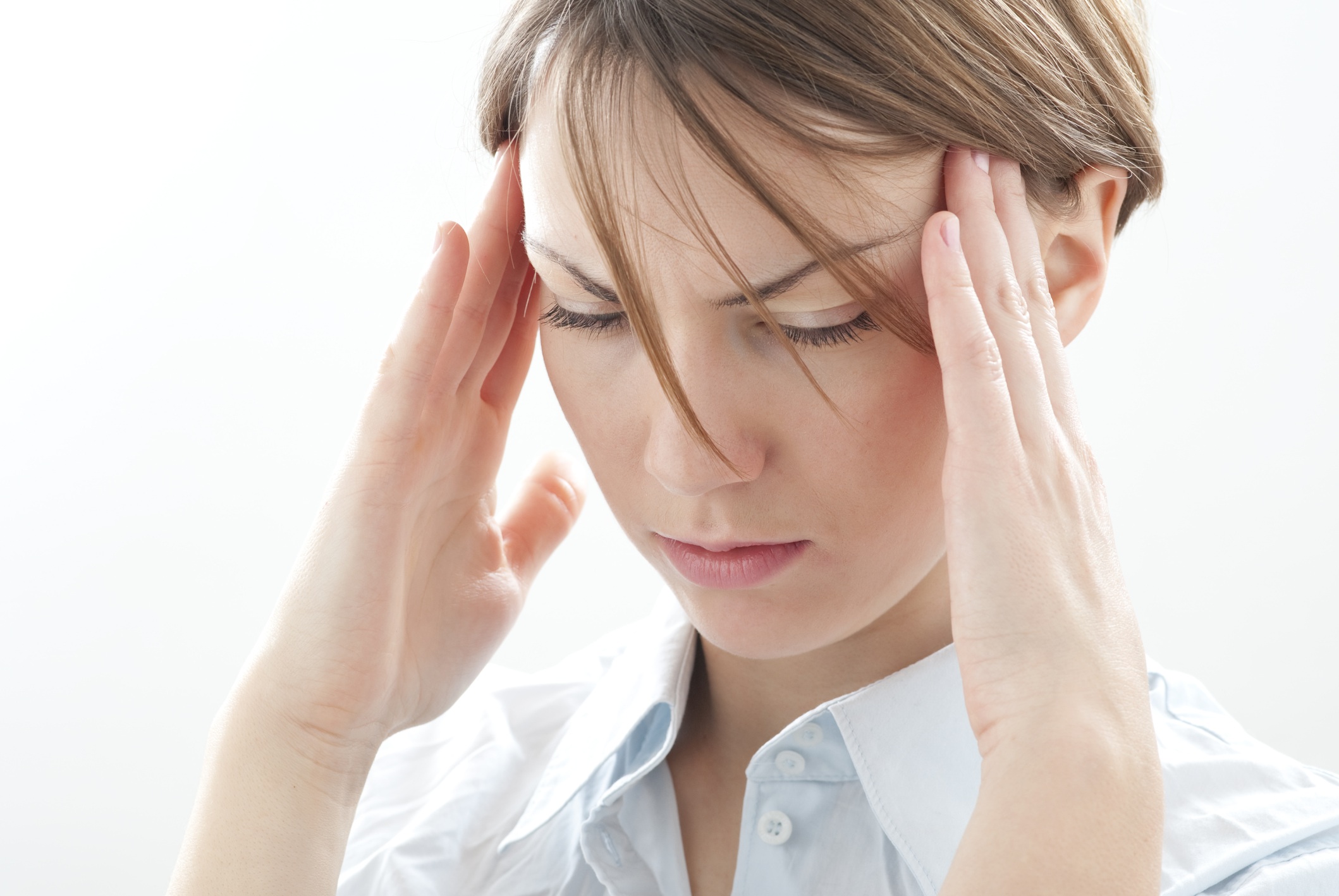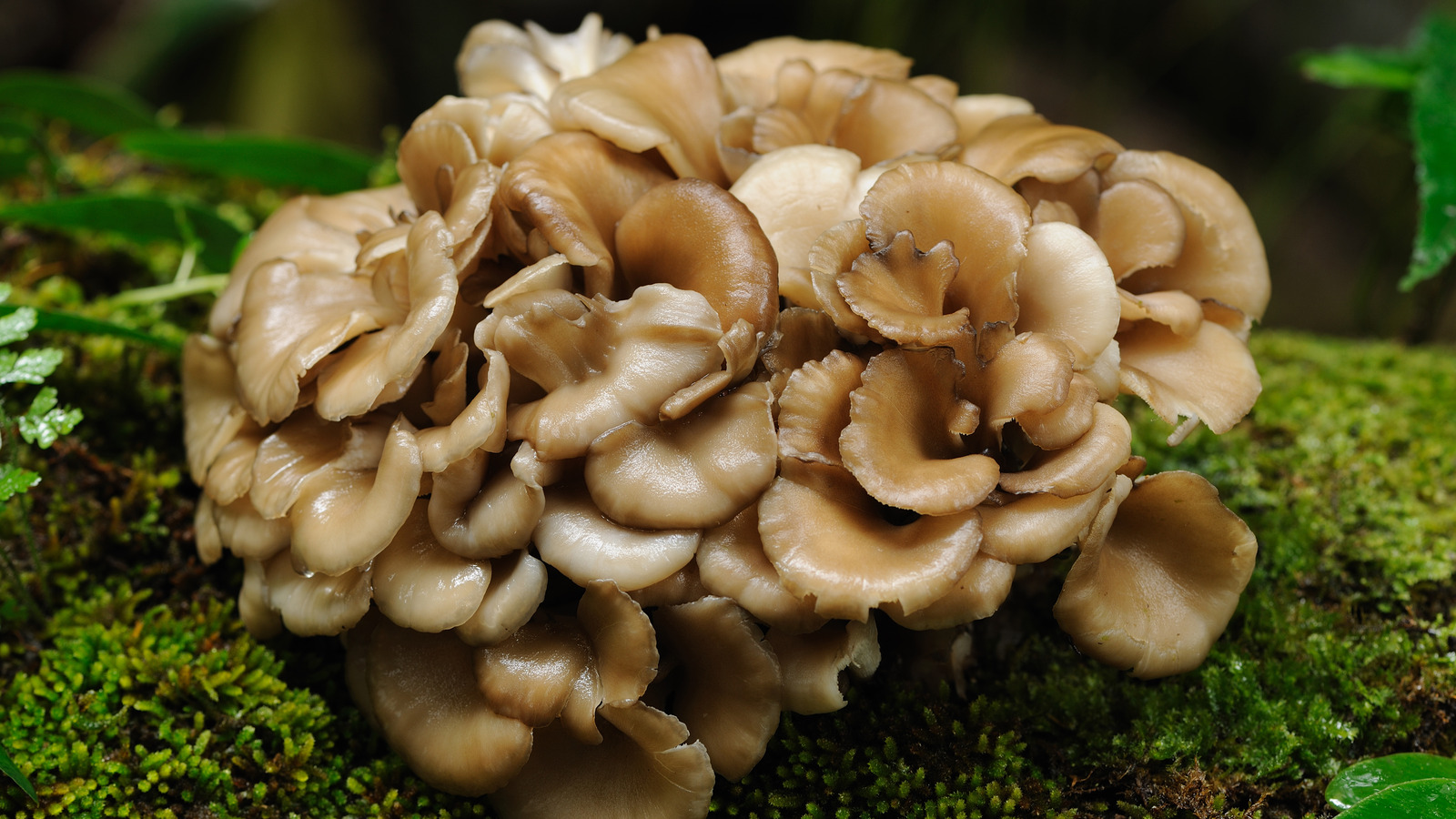Head pressure can stem from headaches or ear infections, yet it can also be a tell-tale sign of more serious conditions, such as a concussion or tumour. It might come alongside other symptoms like dizziness.
Several conditions can prompt a sensation of tightness, heaviness, or pressure in the head, varying from mild to severe.
The majority of conditions causing head pressure aren’t usually a cause for alarm. Common ones include tension headaches, migraines, sinus-related issues, and ear infections.
Occasionally, abnormal or severe head pressure may indicate a serious medical problem, like a brain tumour or aneurysm. However, these are rare occurrences.
Wondering why you’re experiencing pain and pressure in your head?
Pressure, aches, and pain in the head can have numerous potential triggers. Tension headaches and migraines are among the most common.
Tension Headaches
How it feels
Pain from tension headaches is usually mild to moderate in intensity. Some liken it to an elastic band squeezing their head.
What it is
Also referred to as tension-type headaches (TTH), these are the most common type of headache. The lifetime prevalence of TTH ranges between 30–78%. However, their causes remain poorly understood.
Causes:
- Stress
- Anxiety
- Depression
- Poor posture
Sinus Headaches and Other Sinus Conditions
- How it feels: Constant pressure behind your forehead, cheekbones, nose, jaw, or ears. Often accompanied by symptoms like nasal discharge.
- What it is: The sinuses, a series of connected cavities behind your forehead, eyes, cheeks, and nose, can become inflamed, leading to excess mucus production and resultant head pressure. This is also known as a sinus headache, though true sinus headaches are rare; they can easily be mistaken for migraines.
Causes:
- Allergies
- Colds and flu
- Sinus infections (sinusitis)
Ear Conditions
- How it feels: Dull but persistent pressure in the temples, ears, jaw, or side of the head. Ear conditions may affect one or both sides of the head.
- What it is: Common ear conditions like infections and earwax blockages can cause head pressure and ear pain.
Causes:
- Ear barotrauma
- Ear infections
- Earwax blockage
- Labyrinthitis
- Ruptured eardrum
- Outer ear infection (swimmer’s ear)
Migraine
- How it feels: Migraine pain is often described as pulsing or throbbing, usually on one side of the head. It can be so intense that it’s disabling, often accompanied by symptoms like nausea, vomiting, and sensitivity to light and sound.
- What it is: Migraine is a common type of headache disorder, typically appearing in adolescence or early adulthood and recurring. Migraine attacks often present with warning signs and progress through distinct stages.
- Causes: The exact causes of migraines remain unclear, though genetic and environmental factors are thought to be involved.
Other Headaches
- What they feel like: Pressure, pulsing, or throbbing all over or in a specific area of the head. Some headaches may be accompanied by eye pain.
- What they are: Headaches are a common experience for most people at some point in their lives. There are hundreds of headache types, including cluster, caffeine, and rebound headaches.
- Causes: Headaches can be triggered by a wide array of factors, some stemming from medical conditions and others serving as symptoms of another condition.
Concussions and Other Head Injuries
- How it feels: A concussion, resulting from a head injury, can cause mild pressure in the head or a headache, often accompanied by confusion, nausea, and dizziness.
- What it is: A concussion, a mild head injury, occurs when the brain shakes, bounces, or twists inside the skull, affecting brain activity and potentially damaging brain cells.
- Causes: Concussions and other head injuries typically result from sudden impacts to the head or whiplash, with falls, car accidents, and sports injuries being common causes.
Brain Tumour
- How it feels: Pressure or heaviness in the head or neck. Brain tumours can cause severe headaches, often accompanied by other symptoms like memory problems, vision problems, or difficulty walking.
- What it is: A brain tumour occurs when cells grow and multiply, forming an abnormal mass in the brain. Brain tumours are rare.
- Causes: Brain tumours can be benign or malignant, originating either in the brain (primary tumours) or growing from cancer cells that have spread from elsewhere in the body (secondary tumours).
Brain Aneurysm
- How it feels: Severe head pain that develops suddenly. Those who’ve experienced ruptured aneurysms often describe it as “the worst headache of their life.”
- What it is: A brain aneurysm is a bulging or ballooning blood vessel; excess pressure can cause it to rupture and bleed into the brain.
- Causes: The causes of brain aneurysms are not well understood, though risk factors include high blood pressure, smoking, and age.
Other Conditions
Various other conditions can lead to head pressure, including dehydration or hunger, dental infections, fatigue, high blood pressure, infections such as meningitis and encephalitis, muscle strain in the head or neck, and stroke or transient ischemic attack (mini-stroke).
What are the Symptoms of Head Pressure and Pain?
Head pressure may occur alone or alongside other symptoms.
- Pressure in the Head and Ears This could indicate an ear infection, earwax blockage, or dental infection.
- Pressure in the Head and Dizziness Dizziness paired with head pressure may signal various conditions like allergic reactions, concussions, dehydration, or migraines.
- Pressure in the Head and Neck Stress in the nerves and muscles of the neck can cause head pain. This could be caused by headaches, such as tension headaches or migraines, or other factors like whiplash, poor posture, muscle strain, or concussions.
- Pressure in the Head and Eyes Head pressure along with eye pressure may indicate eyestrain, allergies, sinus infections, or migraine.
Are there Home Remedies for Head Pressure?
For head pressure without serious underlying causes, some home remedies and lifestyle changes may help alleviate symptoms.
For instance, tension headaches, often linked to stress, poor sleep, depression, anxiety, or menstrual cycles, might benefit from:
- Reducing stress sources
- Engaging in relaxing activities
- Improving posture
- Getting adequate sleep
- Treating sore muscles with ice or heat Over-the-counter pain relievers like aspirin, naproxen, ibuprofen, or Excedrin may also provide relief, though it’s wise to consult a doctor before using them.
How Do I Treat Head Pressure and Pain?
The treatment your doctor recommends depends on the underlying cause of your head pressure and pain.
In cases where the cause isn’t apparent, or symptoms suggest a more serious issue, your doctor may order a CT scan or an MRI scan for a detailed brain image.
For recurring headaches, your doctor might prescribe medication to prevent them, including antidepressants, anticonvulsants, muscle relaxants, or other pain relievers.
Lifestyle changes and alternative therapies, focusing on stress and tension relief, can also be effective in treating tension headaches.
Takeaway
While tension headaches and migraines are the most common causes of head pressure and pain, it’s essential to seek medical attention if symptoms persist.
- What Causes Pressure in The Head and What to Do About It - April 30, 2024
- Best Delta 10 THC Tinctures Reviewed - July 15, 2023
- Comprehensive Guide onBenefits of Ginger Root Supplements - July 8, 2023





